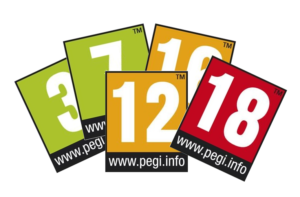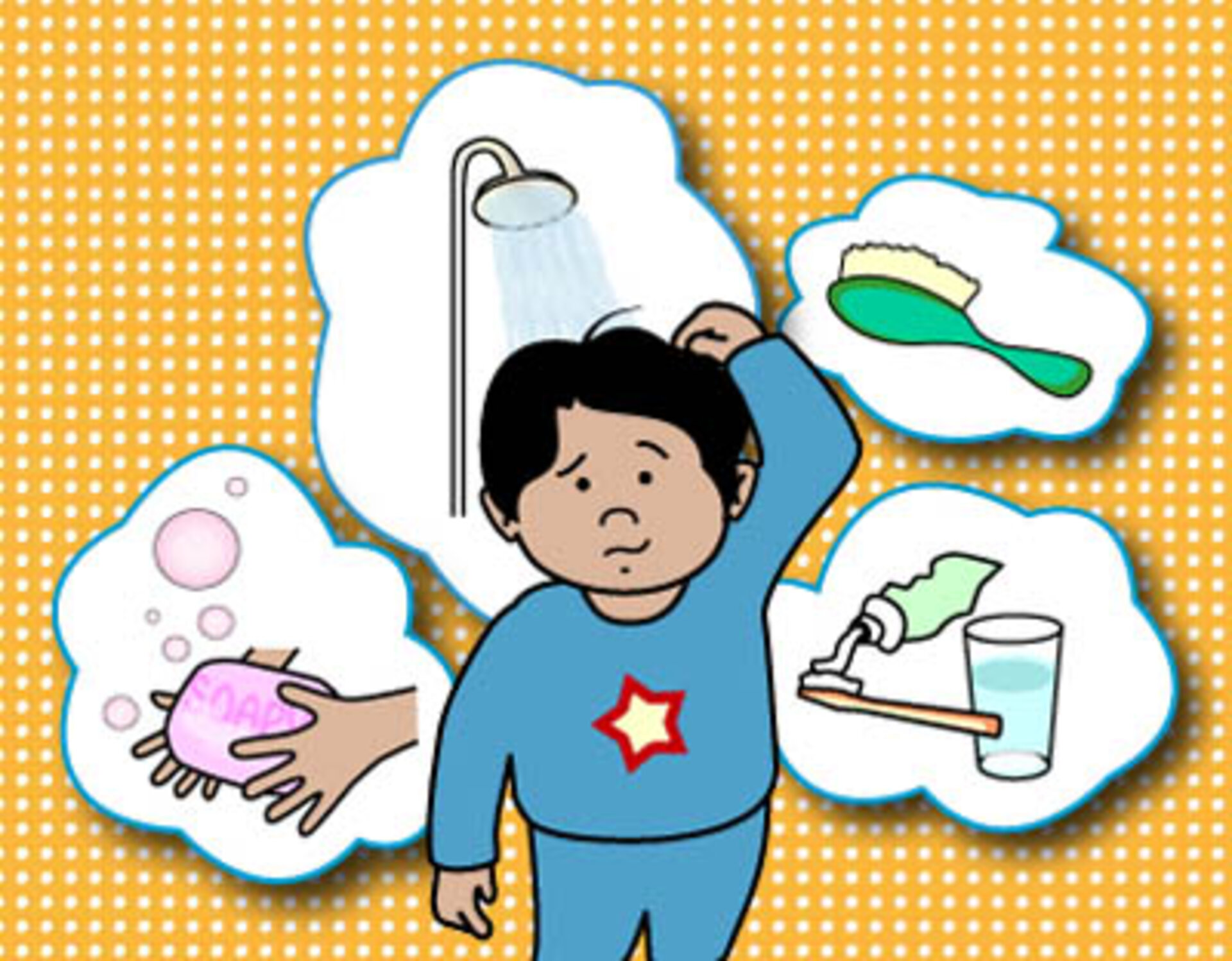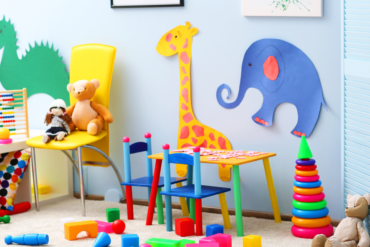In today’s digital age, video games are an ever-present form of entertainment for people of all ages. But when it comes to toddlers, many parents are understandably concerned about the potential negative impacts of these interactive screen-based activities. Questions often arise: Are video games bad for toddlers? Do they hinder early childhood development? In this article, we’ll delve into the subject of video games and their effects on toddlers, while also highlighting the surprising benefits that well-chosen games can offer to our youngest gamers.
Are Video Games Bad for Toddlers? Exploring the Benefits of Games for Early Childhood Development
The Concerns: Are Video Games Bad for Toddlers?
It’s natural for parents to be cautious about introducing toddlers to video games. After all, screen time has received its fair share of criticism over the years, and concerns about potential harm to young children are not unwarranted. Here are some common worries:
- Developmental Delays: Some parents worry that spending time on video games might delay or hinder their child’s cognitive and social development.
- Physical Health: Sitting in front of a screen for extended periods can lead to a sedentary lifestyle, which is associated with various health issues
- Screen Addiction: Another concern is the potential for screen addiction. Parents worry that their children might become so engrossed in video games that it interferes with other essential activities, such as schoolwork, social interaction, and outdoor play.
While these concerns are valid, it’s essential to recognize that not all video games are created equal, and when chosen wisely and used in moderation, video games can offer surprising benefits to toddlers.
The Benefits of Video Games for Toddlers

Cognitive Development:
Well-designed educational games can boost cognitive skills such as problem-solving, memory, and spatial awareness. These games often incorporate puzzles, matching activities, and interactive storytelling, all of which stimulate a toddler’s brain in a fun and engaging way.
Language and Literacy Skills:
Language-based video games, including those that focus on vocabulary, reading, and storytelling, can improve a toddler’s language skills. They introduce new words and concepts, encouraging language development.
Fine Motor Skills:

Many video games require precise movements and hand-eye coordination, which can enhance a toddler’s fine motor skills. Activities like dragging and dropping objects on the screen or tapping specific areas help young children refine their hand movements.
Social and Emotional Development:
Multiplayer video games, when supervised and age-appropriate, can promote social interaction and cooperation. Toddlers can learn to take turns, communicate with others, and work together to achieve common goals.
Creativity and Imagination:

Creative and open-ended games encourage toddlers to use their imagination and creativity. They can design virtual worlds, create characters, and tell their stories, fostering creativity and storytelling skills.
Problem-Solving Skills:
Many video games, especially puzzle and strategy games, challenge toddlers to think critically and solve problems. This can be an excellent way to develop their logical reasoning and problem-solving abilities.
Stress Relief and Relaxation:
Some video games are designed to be calming and relaxing. These games can help toddlers unwind and de-stress, serving as a form of relaxation after a busy day.
Choosing Age-Appropriate Games

The key to reaping the benefits of video games for toddlers is selecting age-appropriate and educational games. Keep the following considerations in mind when choosing games for your child:
- Age Ratings: Look for games with age-appropriate content. Many video game rating systems provide guidance on the suitability of games for different age groups.
- Educational Value: Opt for games with clear educational objectives. There is a vast selection of games designed specifically to support early childhood development.
- Parental Controls: Utilize parental control features to limit screen time and access to certain content. These controls can help ensure that your child’s gaming experience is safe and healthy.
- Moderation: While video games can be beneficial, moderation is key. Set reasonable limits on screen time and encourage a healthy balance between gaming and other activities.
- Active Involvement: Whenever possible, engage with your child while they play. Ask questions, discuss the game’s content, and ensure that they are making the most of the educational aspects.
In conclusion, the question of whether video games are bad for toddlers is not a straightforward one. The key lies in making informed choices and providing supervision. When chosen wisely, age-appropriate video games can offer surprising benefits for toddlers, fostering their cognitive, social, and emotional development. By maintaining a balanced approach, parents can harness the educational potential of video games while ensuring that screen time does not overshadow other important aspects of a toddler’s life. With careful consideration and active involvement, video games can become a valuable tool in your child’s early learning journey.







